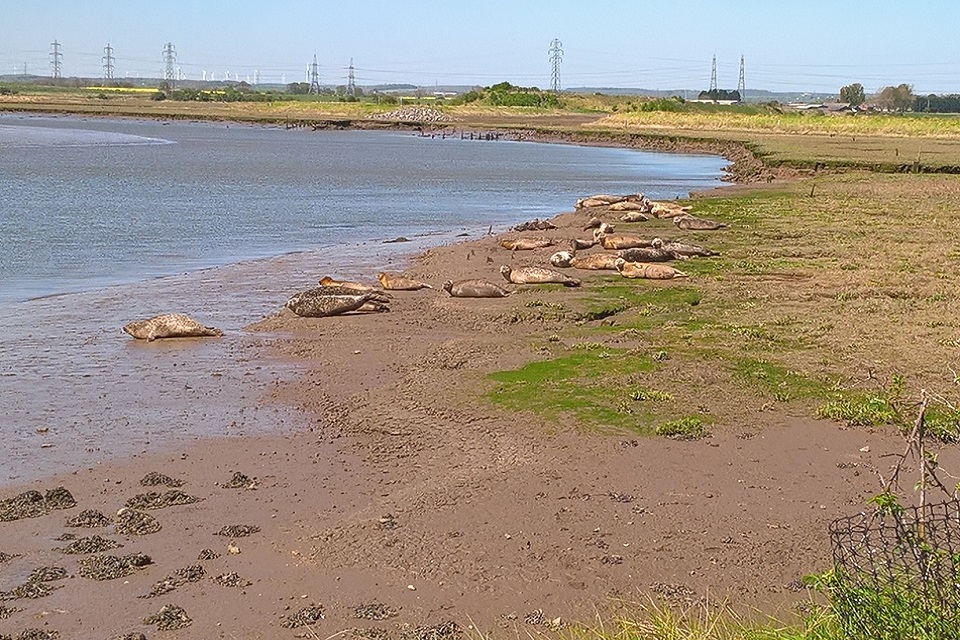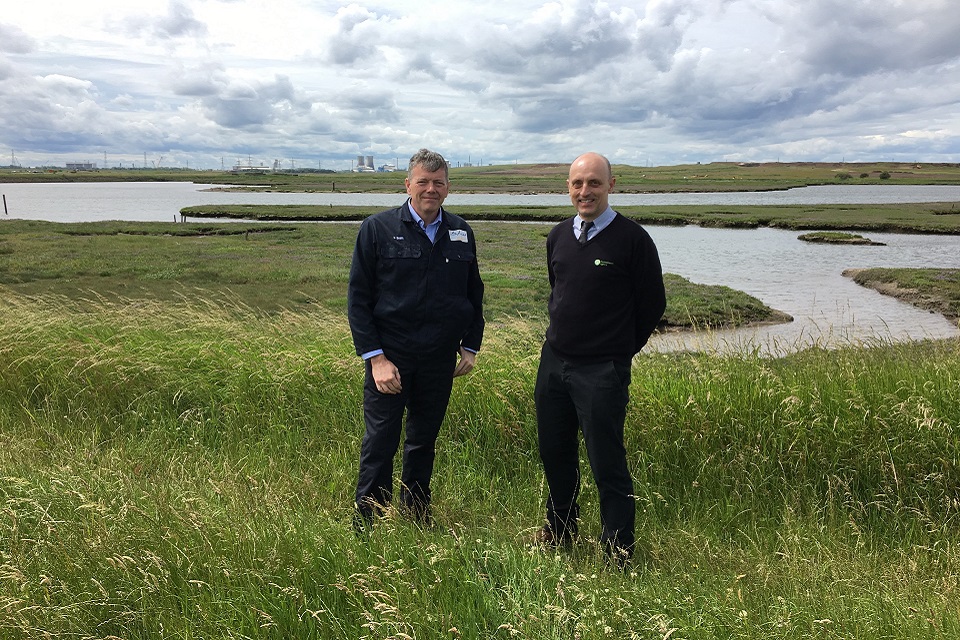Press release: Warning for owners of unregistered boats after skippers prosecuted in Northamptonshire
Boat owners are being urged to make sure their vessels are registered – or face paying hefty fines.
The call comes after Environment Agency inspectors found two boats moored without their registration plates on the rivers Great Ouse and Nene.
The discovery resulted in the vessels’ owners being prosecuted and ordered to forfeit a combined total of more than £1,200.
Boats must be registered
It is a legal requirement for boaters to register any craft they keep, use or let for hire on Environment Agency waterways, and to clearly display a valid registration plate. Not doing so carries a maximum fine of £1,000, as well as a criminal record.
Mr Kevin Saggers of Lyn Road, Ely, and Mr Christopher King of Riverside Mead, Peterborough, both failed to register their vessels as required by law.
Mr Saggers, whose unregistered boat, named Lazy Lady, was found on 9 December 2016 on the Great Ouse at Littleport in Cambridgeshire, was proved guilty in absence and ordered to pay penalties totalling £734. Mr King, whose vessel, called Little Jo Larkin, was discovered on 26 July 2016 on the Nene at Stanground Marina in Peterborough, pleaded guilty and had to pay £493.
Their cases were heard at Peterborough Magistrates’ Court on 14 June and 22 June, respectively.
Offenders face £1,000 fines
Nathan Arnold, partnerships and development team leader at the Environment Agency said:
Our historic and precious waterways are an important part of our nation’s heritage and are enjoyed by hundreds of thousands of people every year.
A significant part of caring for them, protecting them, and ensuring people continue to enjoy them is funded by boaters paying their way. Those who don’t contribute as they should are threatening the future of our waterways – and we won’t hesitate to take action against them.
Unregistered boats are hazardous
As well as not contributing to the upkeep of waterways, unregistered boats can be unsafe, hazardous to other river users, and a pollution risk to the local environment.
The Environment Agency looks after 353 miles of navigable waterways in the Anglian network, which includes the Ancholme, Black Sluice, Glen, Welland, Nene, Great Ouse and Stour, as well as associated locks and navigation facilities like moorings, showers and toilets.
More information about boating and waterways, including registering vessels, is available via www.gov.uk/ea. If you suspect a boat is illegal, please contact the Environment Agency on 03708 506 506 or email waterways.enforcementanglian@environment-agency.gov.uk.

